New Alliance Formed to Advocate for Community Solar in Michigan
Diverse group backs recently introduced bipartisan legislation allowing community solar projects
Environmental and business groups lead effort
Lansing, Mich. – To expand accessibility and availability of solar energy to all Michiganders, a new statewide alliance has formed to advocate for solar energy savings, economic opportunity and customer empowerment.
The Michigan Community Solar Alliance (MCSA) is encouraging passage of House Bills 4715 and 4716, legislation to change Michigan law to allow subscription-based community solar projects in the state. Direct participation in these programs is currently prohibited under state law, limiting who can access solar energy.
MCSA is led by 13 founding organizations advocating together for increased solar opportunities in Michigan. The Alliance includes:
· Associated Builders and Contractors Michigan
· The Asthma & Allergy Foundation of America – Michigan Chapter
· Coalition for Community Solar Access
· Ecology Center
· Great Lakes Renewable Energy Association
· MI Air MI Health
· Michigan Conservative Energy Forum
· Michigan Energy Innovation Business Council
· Michigan Energy Options
· Michigan Environmental Council
· Michigan League of Conservation Voters
· Sierra Club Michigan
· Vote Solar Action Fund
“Expanding community solar projects will give Michiganders, who have some of the highest energy costs in the Midwest, more opportunities to lower their energy costs with affordable solar,” said Nick Occhipinti of Michigan League of Conservation Voters. “It’s time to cut red tape and unnecessary barriers to community solar so communities across Michigan can reduce pollution in our air and water, tackle climate change, and save money on energy costs.”
Community solar is a solar array located within a community where multiple customers can subscribe and receive a credit on their utility bill for their share of the power that is produced, just as if the panels were on their own roof.
More than 50 percent of American households don’t have access to solar power because they either rent, live in a multi-tenant building, have roofs unable to host a solar system, or live in a service territory of a utility that won’t allow it. Through community solar, people could be connected to a local solar installation who would provide subscribers with equal access to the economic and environmental benefits of solar generation.
“Allowing local solar installations would reduce power outages and create more energy stability for all Michiganders,” said Ed Rivet of Michigan Conservative Energy Forum. “Expanding the market for renewable energy in Michigan is a common-sense way to prepare for a bright energy future in our state.”
MCSA supports House Bills 4715 and 4716, sponsored by state Reps. Michele Hoitenga and Rachel Hood, to update state law to allow access to community solar in Michigan. Adding local solar installations will make the electric grid stronger and more resilient, as a grid of local solar facilities can help even out the electrical load.
“Legislation to allow for community solar would expand the market for solar projects across the state, creating local jobs, growing existing businesses, and attracting new companies to the state,” said Laura Sherman, President of the Michigan Energy Innovation Business Council. “A robust community solar market would give Michigan residents and businesses more options to choose solar energy and that's good for Michigan jobs and small businesses."
John Freeman, Executive Director of Great Lakes Renewable Energy Association, added: “We need to enact a community solar statute so that all individuals and small business in Michigan can have the option of choosing solar so they can save money and help to protect the environment.”
For more information about the Alliance, visit www.micommunitysolaralliance.com.
###

